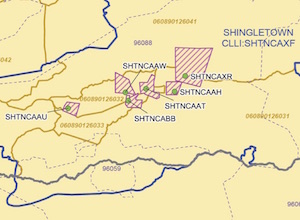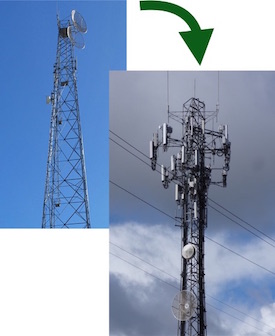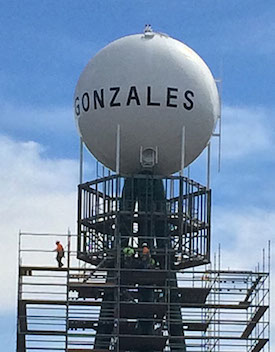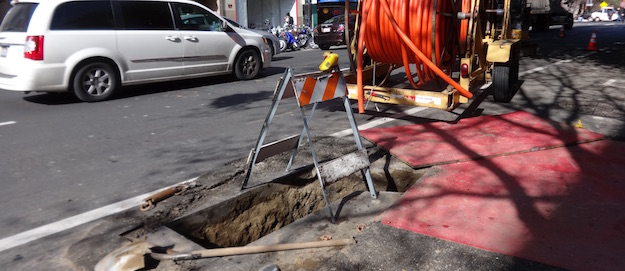Frontier asks for CASF subsidy for Shasta County middle mile project

Right down the middle.
A grant application for a $546,000 subsidy from the California Advanced Services Fund was filed last week by Frontier Communications. It’s proposing to build a 12-mile fiber middle mile system in Shasta County, with the goal of injecting more bandwidth into existing DSL facilities that serve 1,200 homes in the Shingletown area…
… MoreThese sites are currently fed with Ethernet over copper technology and the existing bandwidth is not capable of providing more than 3 Mbps download speeds and 768 Kbps upload speeds.

![By This photo was taken by Przemysław Jahr Autorem zdjęcia jest Przemysław Jahr Wykorzystując zdjęcie proszę podać jako autora: Przemysław Jahr / Wikimedia Commons (Own work) [Public domain], via Wikimedia Commons](https://www.tellusventure.com/images/2016/3/3g_phone.jpg)


![By mattbuck (category) (Own work by mattbuck.) [CC BY-SA 2.0 (https://creativecommons.org/licenses/by-sa/2.0) or CC BY-SA 3.0 (https://creativecommons.org/licenses/by-sa/3.0)], via Wikimedia Commons](https://www.tellusventure.com/images/2016/2/crash_barrier.jpg)



![By No machine-readable author provided. Fernando S. Aldado~commonswiki assumed (based on copyright claims). [Public domain], via Wikimedia Commons](https://www.tellusventure.com/images/2016/2/network_effect.png)
